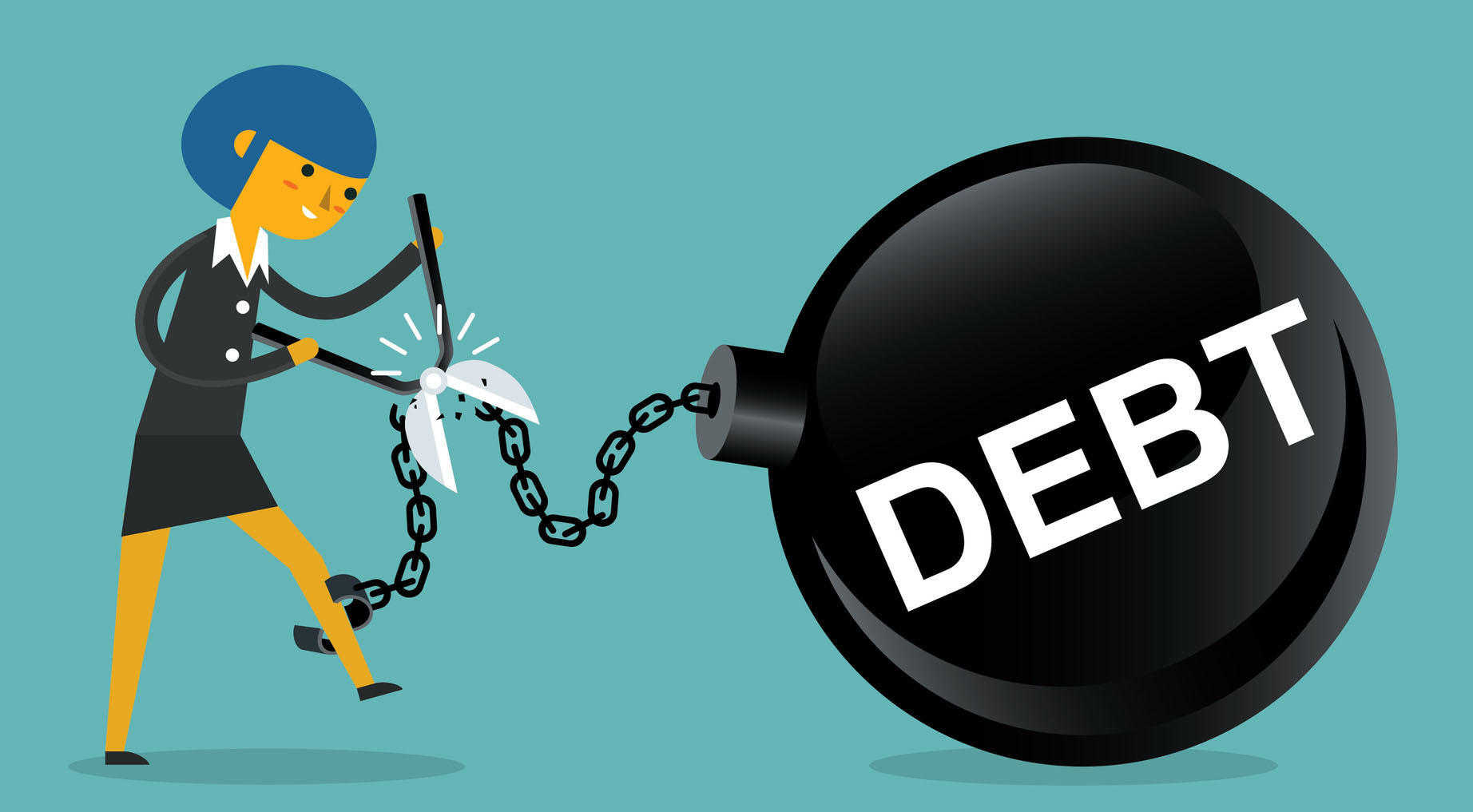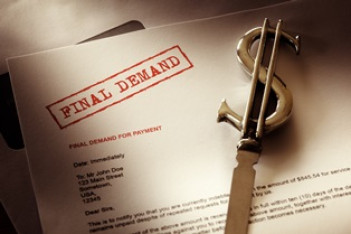Understanding the True Nature of Debt and How Habits Influence Financial Freedom
Debt is often perceived as a financial burden that stems solely from insufficient income; however, the reality is far more complex. At Consultant Legal Marketplace, we believe that debt keeps people trapped not because of their income, but mainly due to their spending habits and financial behaviors. Understanding this distinction is crucial to breaking free from the cycle of debt and achieving true financial independence.
Financial independence is not simply about accumulating wealth or being rich; it is about gaining freedom from control, especially from the control that debt exerts over one’s life. In this comprehensive article, we dive deep into the root causes of debt, the importance of tracking expenses, methods to effectively pay off debt, and how you can reclaim control over your financial future.
Why Debt Is More Than Just a Lack of Income
Many individuals assume that as long as they earn enough money, they will be able to avoid or eliminate debt. While income is a significant factor in financial health, it is not the only one. More often than not, it is spending habits, lack of financial awareness, and failure to manage money responsibly that keeps a person trapped in debt.
Habits such as impulsive spending, neglecting to budget, accumulating high-interest debt, and lack of tracking expenses contribute to a debt trap. These habits overshadow the importance of income because no matter how much you earn, if your expenses consistently surpass your income or if you prioritize non-essential expenses over debt repayment, you remain vulnerable to ongoing financial stress.
The Power of Tracking Your Expenses: Step One to Financial Freedom
One of the first and most effective strategies to gain control over your finances is to track every expense for a minimum of 30 days. You cannot fix what you cannot see, and tracking expenses reveals where your money is going, often uncovering hidden patterns of unnecessary spending.
Keeping a detailed record of all expenditures, from large bills to small daily purchases, facilitates awareness and accountability. This exercise enables you to categorize your expenses, identifying essential costs and discretionary spending. Many people find they are spending more than expected on items like dining out, entertainment, or subscription services.
How to Track Expenses Effectively
- Use budgeting apps or spreadsheets to log every transaction promptly.
- Save receipts or take photos of expenses to maintain accurate records.
- Review your expense log daily or weekly to observe spending trends.
- Classify expenses into categories such as housing, transportation, food, entertainment, and debt payments.
- Identify non-essential expenditures that can be minimized or eliminated.
Prioritizing Debt Repayment: Tackling High-Interest Balances
After understanding your spending habits and expenses, the next step is to strategically reduce your debt. Not all debts are equal—high-interest debt, such as credit card balances and payday loans, worsen your financial situation quickly due to accumulating interest.
To maximize effectiveness, pay down high-interest balances first while continuing to make minimum payments on other accounts. This method saves money on interest payments long-term and accelerates debt elimination.
How to Implement the Debt Avalanche Method
The Debt Avalanche Method is a practical approach to paying off debt that focuses on interests rather than balances. Here’s how you can implement it:
- List all your debts from the highest interest rate to the lowest.
- Allocate any extra funds to pay off the debt with the highest interest rate first beyond the minimum payment.
- Continue making minimum payments on all other debts during this process.
- Once the highest-interest debt is paid off, redirect the amount you were paying towards it to the next debt in line.
- Repeat this process until all debts are cleared.
This method effectively minimizes the amount of money lost on interest while maintaining consistent progress toward becoming debt-free.
Building Healthy Financial Habits for Lasting Freedom
Achieving financial independence requires not only eliminating debt but also maintaining habits that prevent falling back into it. Here are key practices to adopt:
- Create and stick to a realistic budget every month to ensure your spending aligns with your financial goals.
- Continue tracking your expenses regularly to stay aware of your financial behavior.
- Build an emergency fund to cover unexpected expenses and avoid incurring new debt.
- Limit discretionary spending and prioritize needs over wants.
- Educate yourself on financial literacy topics such as investments, savings, and credit management.
Understanding Financial Independence
Many people equate financial independence with being wealthy. However, true financial independence means having sufficient control over your finances so that you are free from external control, such as creditors or lenders. It means living without the constant stress of debt obligations and having choices about how to spend your time and money.
It also involves developing the mindset and discipline necessary to sustain financial health. Freedom from debt allows you to focus on your life goals, whether that means pursuing passions, spending time with loved ones, or investing in your future.
When to Seek Professional Legal or Financial Help
Sometimes, despite best efforts, debt situations become complicated due to legal or contractual issues, bankruptcy, or disputes with creditors. In such cases, it is essential to seek professional advice to navigate these challenges effectively.
Legal Marketplace CONSULTANT offers access to experienced legal professionals who can provide guidance tailored to your unique situation. Whether you require help understanding your rights, negotiating with creditors, or exploring legal options, professional assistance is crucial.
If you need proper legal help, do not hesitate to reach out to us through the communication links provided in the bio or send us a private message for a confidential consultation.
Summary of Steps to Break Free from Debt
- Track all your expenses for a minimum of 30 days to understand your spending habits.
- Develop a realistic budget based on your tracked expenses.
- Prioritize paying off high-interest debt first using the Debt Avalanche Method.
- Redirect payments from cleared debts to the next one on your list.
- Adopt sustainable financial habits to prevent future debt accumulation.
- Seek professional legal or financial advice whenever necessary.
Legal Marketplace CONSULTANT — your trusted partner in navigating complex legal and financial matters. Our experienced team is dedicated to providing comprehensive support to help you regain control over your financial future.
We specialize in debt management, financial planning, and personalized solutions tailored to your needs, ensuring you receive expert guidance every step of the way.
Debt does not have to dictate the course of your life. While income is an important factor, it is the habits surrounding your money management that primarily determine whether you remain trapped in debt or achieve financial freedom. By conscientiously tracking expenses, prioritizing high-interest debts, and adopting disciplined financial behaviors, you can break the cycle and move towards true independence.
Remember, financial independence is not about amassing wealth alone but about reclaiming control over your life without the constraints of debt. If you ever feel overwhelmed, do not hesitate to seek professional legal or financial assistance through trusted sources like Legal Marketplace CONSULTANT. Your path to freedom begins with informed choices and consistent action.































